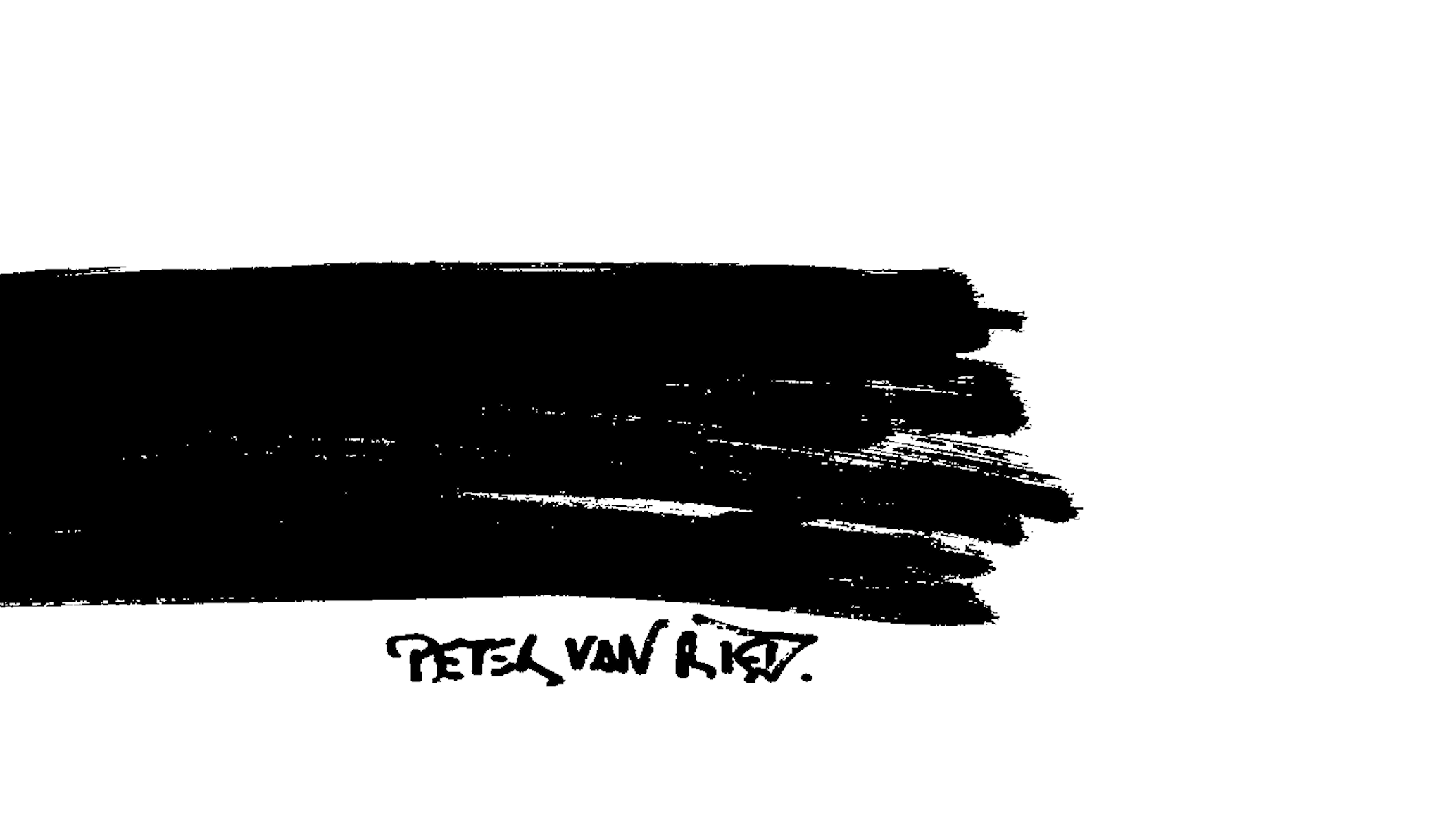Viloc
Viloc markets a solution to manage tools on construction sites. Smart tags are attached to tools, such as pneumatic drills and grinders, so that a construction company will always know which tool is on which site. We were asked to design the smart tags and the base unit housing. We designed and developed the smart tags. These tags have to protect the electronic components from the day-to-day abuse that construction tools suffer. They also need to be vandalism-proof. Next to that, we designed the base station housing, which had to meet the same tough requirements. Results Viloc is rolling out its solution on many construction sites. The smart tags and base stations have proven to withstand the elements and the wear and tear of the construction business.
